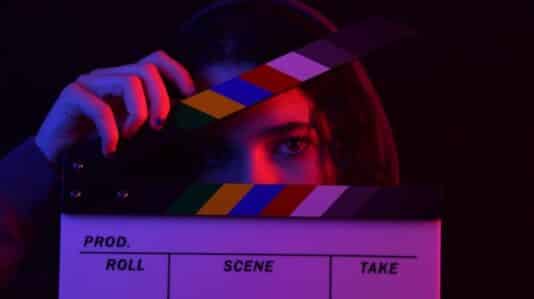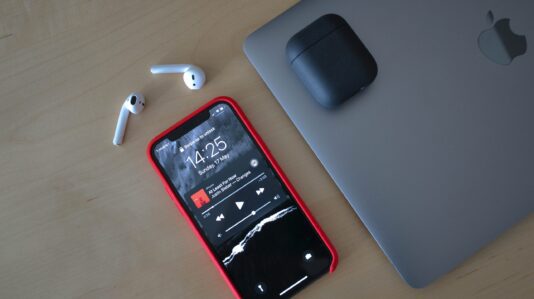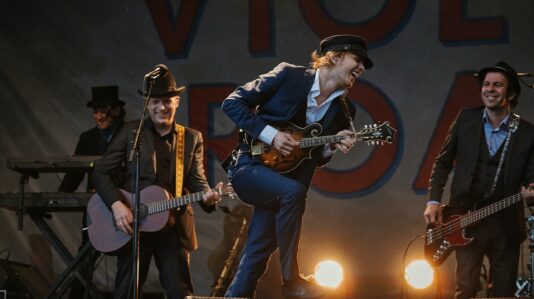
On Monday, March 4, 2019, the United States Supreme Court issued two important – and unanimous – rulings regarding United States copyright law. One of the two cases, captioned Fourth Estate Public Benefit Corp. v. Wall-Street.com, LLC (Case No. 17-571), resolved a long- standing circuit split in the U.S. regarding what constitutes copyright “registration” for purposes of 17 U.S.C. § 411(a), the provision of the Copyright Act which provides a prerequisite for filing a copyright infringement claim is that “registration…has been made” of the work at issue.
A thorough statutory analysis by the Court, the decision resolved a long-standing “circuit split” in the U.S. – as U.S. federal courts in certain parts of the U.S. had previously held that “registration” had occurred, for purposes of 17 U.S.C. § 411(a), upon an application for copyright registration being submitted to the U.S. Copyright Office, provided that the submitted application was complete such that it would be approved. Meanwhile, other U.S. federal courts previously held that “registration” had not occurred until the U.S. Copyright Office had approved the application and issued a Certificate of Registration.
The ruling in Fourth Estate, authored by Justice Ruth Bader Ginsberg, resolved this “circuit split” – holding that “registration,” for purposes of 17 U.S.C. § 411(a), occurs only once an application for registration has been approved by the U.S. Copyright Office.
Notwithstanding the decision, 17 U.S.C. 411(d) provides: “The effective date of a copyright registration is the day on which an application, deposit, and fee, which are later determined by the Registration of Copyrights or by a court of competent jurisdiction to be accepted for registration, have all been received in the Copyright Office.” (emphasis added.)
Accordingly, the effective date of registration is unchanged – and will still be the date the appropriate application materials (“application, deposit, and fee”) are received by the U.S. Copyright Office. However, per Fourth Estate, a prospective litigant will not be able to lawfully bring a suit for copyright infringement until the application has been approved.
PRACTICALLY, WHAT DOES THIS MEAN?
The U.S. Copyright Office presently has two options for submitting an application for copyright registration: (1) normal processing, which costs $35 or $55 and presently takes over six months, on average, or (2) “special handling” (the U.S. Copyright Office’s term for “rush registration”), which costs $800, and requires it be submitted for one of a limited number of purposes, one of which is “pending or prospective litigation.” The U.S. Copyright Office endeavors to process applications submitted for “special handling” registration within 5 business days; however, processing times vary, and such an application can take longer.
While perhaps not all prospective litigants need their work registered as soon as within five business days (as their counsel prepare for litigation), almost all of them need their work registered sooner than six months or more. (Note that, in the 1950s, normal processing time itself was only 1-2 weeks.) And – while $35 or $55 is a very affordable expense for most prospective litigants, $800 is no small expense, even for a case involving a substantial sum in dispute.
In light of the Fourth Estate decision, it is likely the U.S. Copyright Office will receive a greatly increased number of requests for “special handling,” as litigants seek the requisite approval of their applications prior to initiating an infringement suit.
Time will tell whether the U.S. Copyright Office, or Congress, establishes a more affordable option for expedited processing – perhaps one that takes longer than five business days, but is more affordable than $800, and not quite as protracted as the current processing time for normal registration.
Additionally, while Justice Ginsberg’s decision, on behalf of the unanimous Court, focuses solely on 17 U.S.C. § 411(a), which applies only regarding copyright infringement suits, it is yet to be determined whether “registration” shall now only be deemed to occur upon the U.S. Copyright Office’s approval of an application with regard to non-infringement actions for which § 411(a) does not apply.
CONTACT AN ATTORNEY TODAY
The experienced attorneys at Romano Law are ready to help. Contact us at 212-865-9848 or complete this form to speak to a member of our team!
Photo by Nik MacMillan on Unsplash



